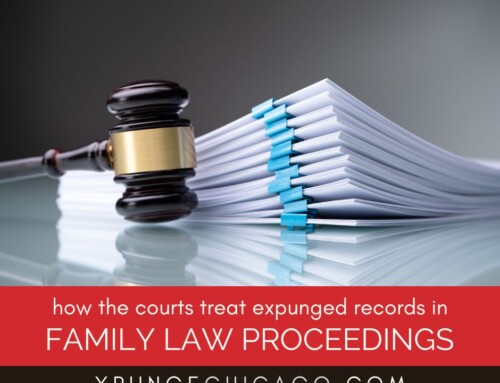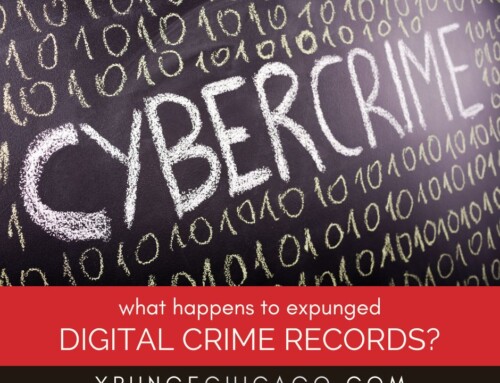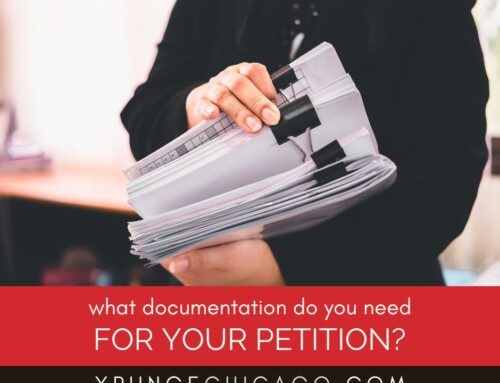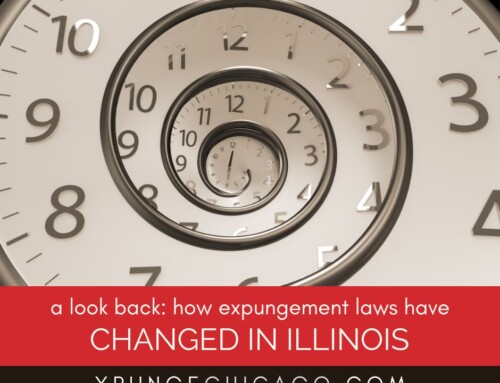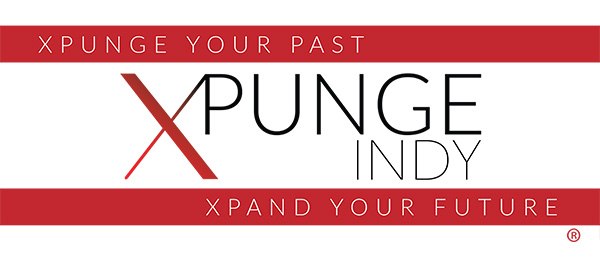
The waiting period for expungement in Illinois can feel frustrating, but it’s actually an opportunity to build a stronger petition. By taking steps to demonstrate your rehabilitation, gathering the right documents, and addressing potential concerns, you can present a compelling case to the court when the time comes. This guide outlines how to make the most of the waiting period and work toward a successful expungement.
Find out if you’re eligible for expungement here.
Pre-Expungement Prep: How to Use the Waiting Period to Build a Stronger Petition
The waiting period before you’re eligible for expungement doesn’t have to be wasted time. By preparing in advance, you can lay the groundwork for a stronger petition. This guide explains the following:
- Understanding the expungement waiting period
- Steps to show rehabilitation and personal growth
- Gathering documents and evidence for your petition
- Addressing potential challenges ahead of time
- How your attorney can guide you through pre-expungement preparation
Here’s a closer look at each.
Understanding the Expungement Waiting Period
In Illinois, certain offenses require you to wait a specific amount of time before you can file for expungement. For example:
- Arrests without charges may be eligible immediately.
- Supervision cases typically require a waiting period of two years after completion.
- Certain probation cases may require a five-year waiting period.
Your attorney can review your case to confirm when you’ll become eligible and help you create a timeline for your pre-expungement preparations.
Steps to Show Rehabilitation and Personal Growth
During the waiting period, it’s important to demonstrate that you’ve made meaningful changes in your life. These steps can strengthen your petition:
- Complete Educational Programs: Enroll in classes, earn certifications, or finish a degree program to show personal and professional growth.
- Participate in Community Service: Volunteer with local organizations to demonstrate your commitment to giving back.
- Maintain Stable Employment: Consistent work history shows responsibility and reliability.
- Seek Counseling or Therapy: If applicable, participating in counseling or treatment programs can highlight your efforts to address underlying issues.
These actions not only improve your case but also help you build a more stable foundation for your future.
Gathering Documents and Evidence for Your Petition
The waiting period is the perfect time to gather the documents you’ll need for your expungement petition. These include:
- Certified Court Records: Obtain copies of all case dispositions, including any supervision or probation records.
- Police Reports: Request reports from the arresting agency for each case on your record.
- Letters of Recommendation: Collect letters from employers, mentors, community leaders, or others who can vouch for your character and progress.
- Proof of Rehabilitation Efforts: Gather documentation for any programs, classes, or community service you’ve completed.
Having these materials ready will ensure a smoother filing process when the waiting period is over.
Addressing Potential Challenges Ahead of Time
Some petitions face challenges, such as objections from the prosecutor or concerns about public safety. Use the waiting period to address these issues proactively:
- Work With Your Attorney: Discuss any potential objections and strategies to counter them.
- Anticipate Questions: Prepare answers to questions about your case, your rehabilitation, and why expungement is important for your future.
- Identify Weak Spots: If there are gaps in your petition, such as a lack of evidence for rehabilitation, use the waiting period to fill them.
Being prepared for challenges will improve your chances of presenting a strong and persuasive case.
How Your Attorney Can Guide You Through Pre-Expungement Preparation
An experienced attorney can help you make the most of the waiting period by:
- Reviewing your case to confirm your eligibility timeline
- Advising you on steps to demonstrate rehabilitation and personal growth
- Helping you gather and organize the necessary documents
- Identifying potential challenges and preparing strategies to address them
Your attorney will work with you to ensure that when the waiting period ends, you’re ready to file a strong petition that maximizes your chances of success.
Find out if you’re eligible for expungement here.
FAQ About Pre-Expungement Preparation
Check out these commonly asked questions about preparing for expungement during the waiting period. If you don’t see your question here, please call our office and we’ll find you the answers you need.
How Long Is the Waiting Period for Expungement?
The waiting period varies depending on the case. Your attorney can review your record and confirm when you’ll become eligible.
Can I Start Preparing for Expungement Before the Waiting Period Ends?
Yes, the waiting period is an excellent time to prepare by gathering documents, demonstrating rehabilitation, and working with your attorney.
What Documents Will I Need for My Expungement Petition?
You’ll need certified court records, police reports, letters of recommendation, and proof of rehabilitation efforts, among other materials.
Can Volunteering Help My Expungement Case?
Yes, community service is a great way to demonstrate personal growth and commitment to improving your community, which can strengthen your petition.
How Can an Attorney Help With Pre-Expungement Preparation?
An attorney can guide you through every step of the preparation process, ensuring you’re fully ready to file a strong petition when the time comes.
The waiting period for expungement is your chance to build a stronger case and prepare for success. By taking proactive steps and working closely with an attorney, you can maximize your chances of clearing your record and starting fresh.
Do You Need to Talk to an Attorney About Expungement or Sealing?
If you’re tired of your criminal past coming back to bite you, we may be able to help. Call us right now at 847-920-4540 or fill out the form below so we can talk about your case.
Oops! We could not locate your form.


